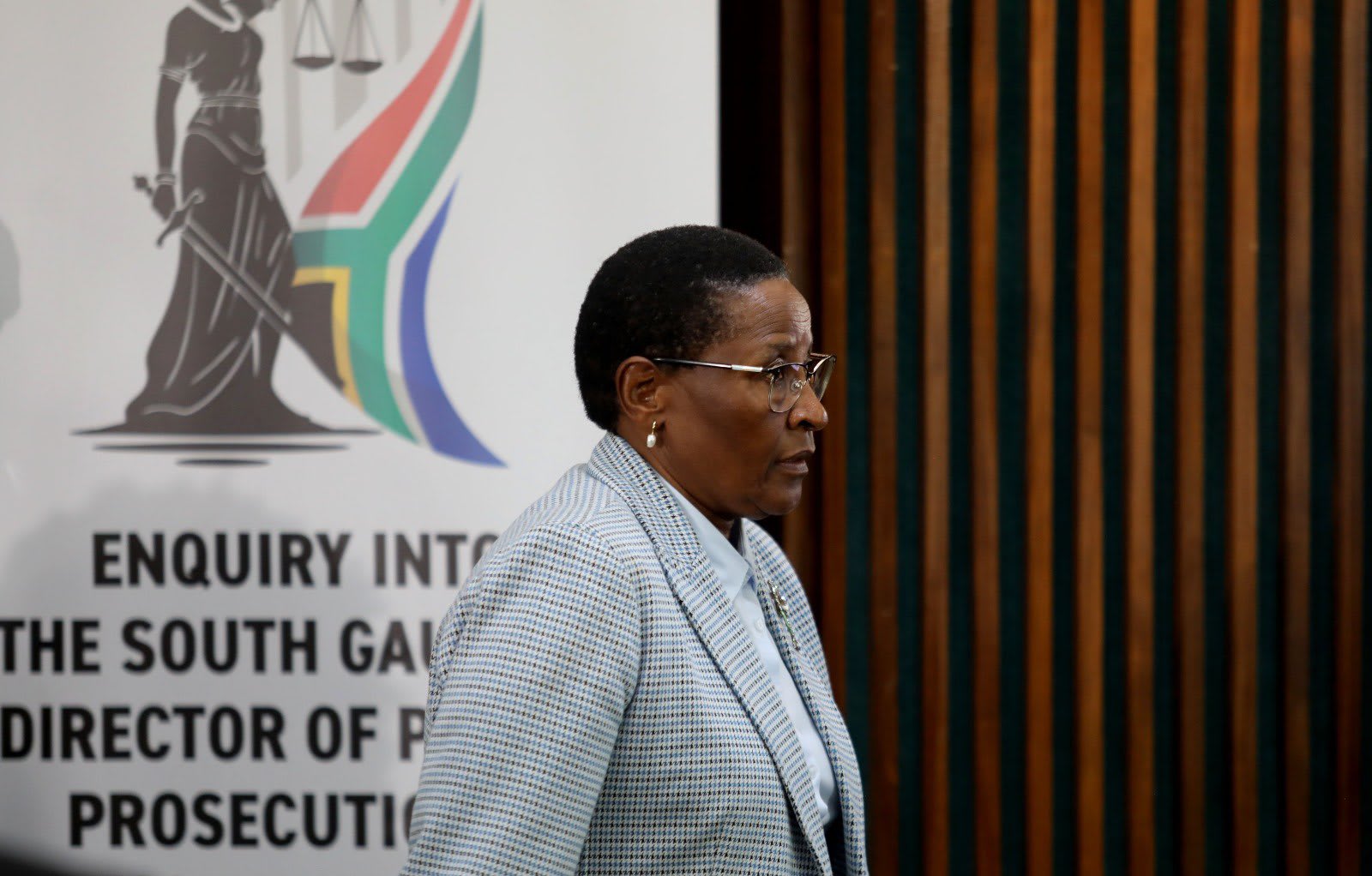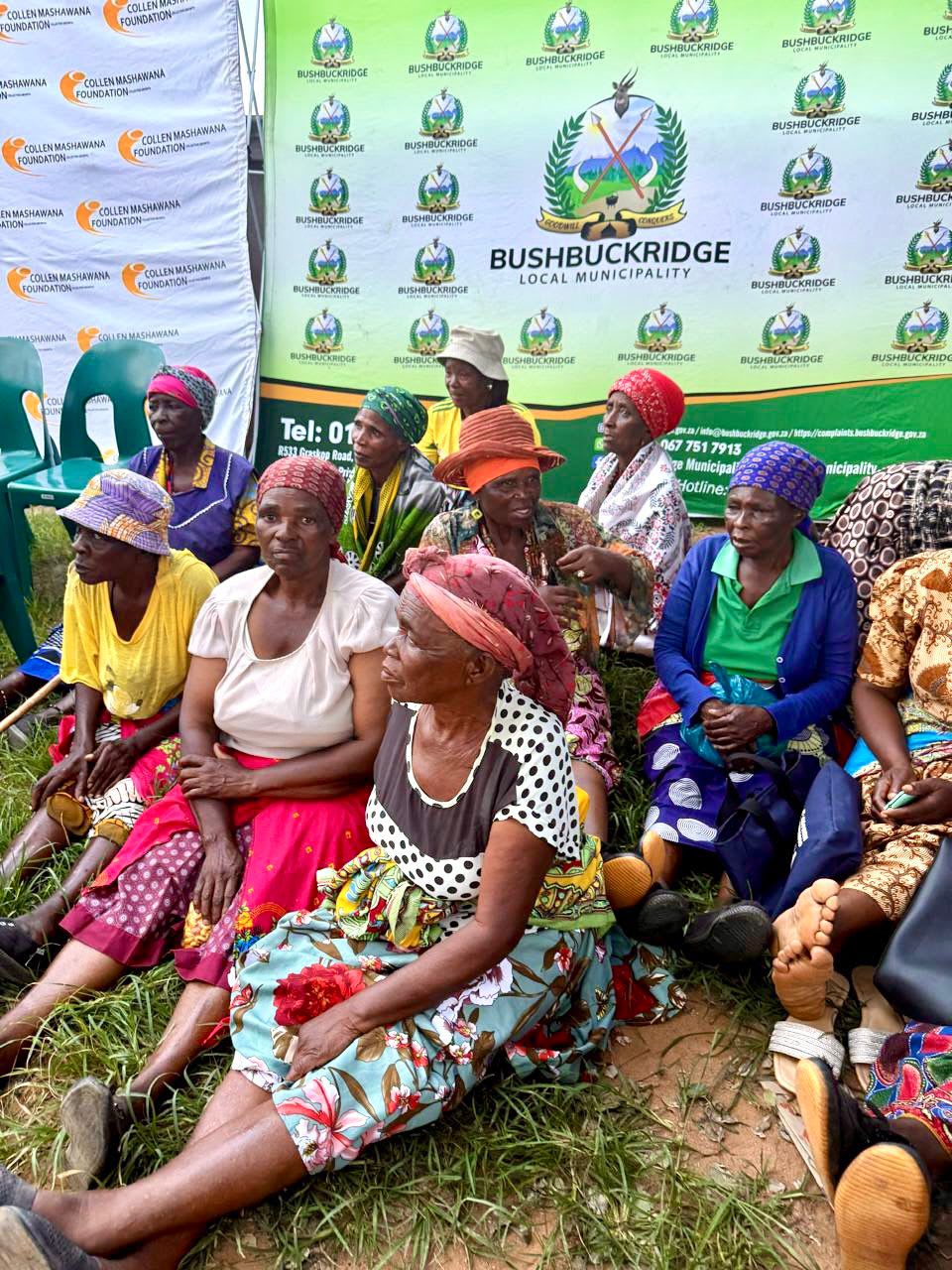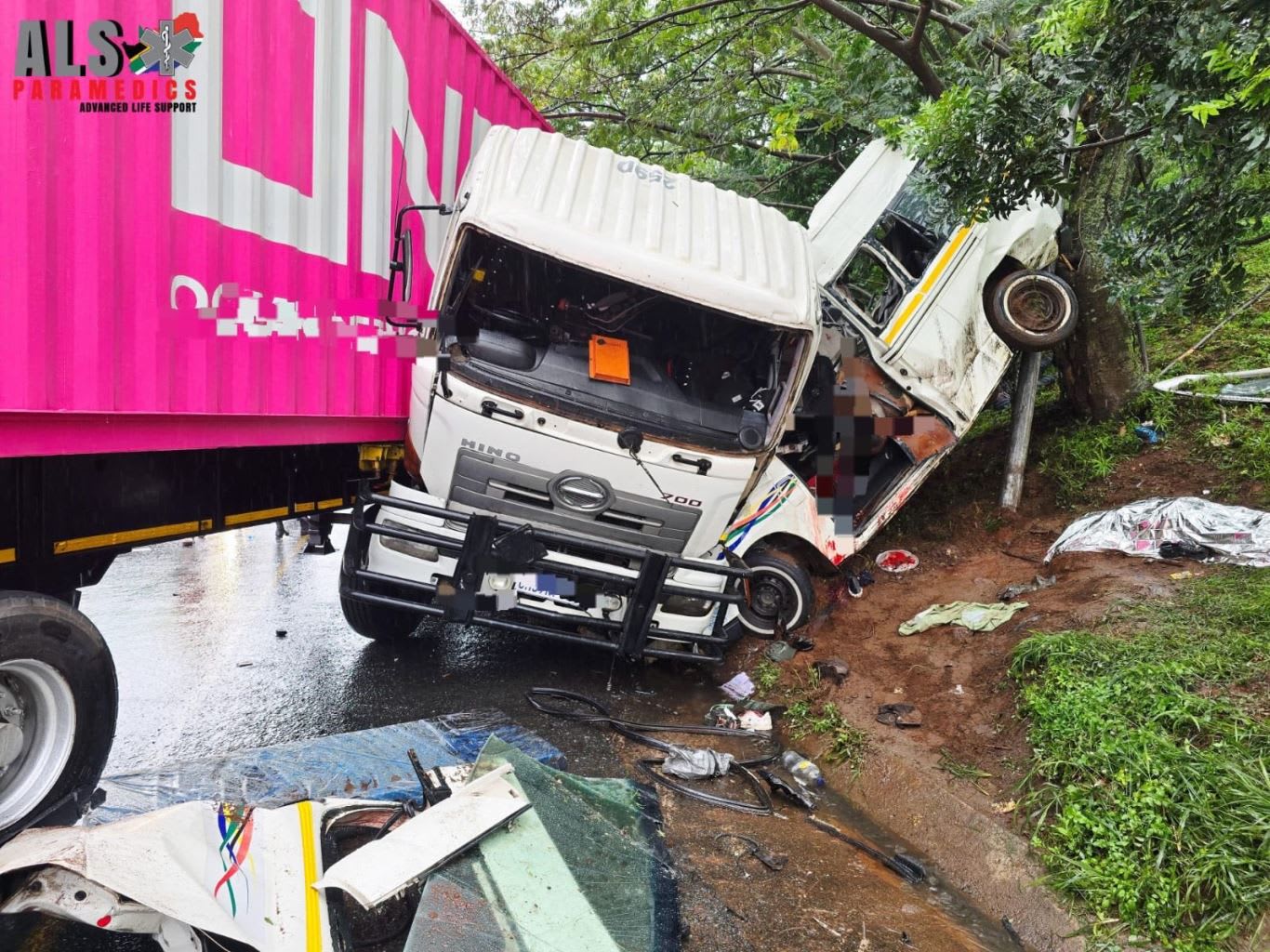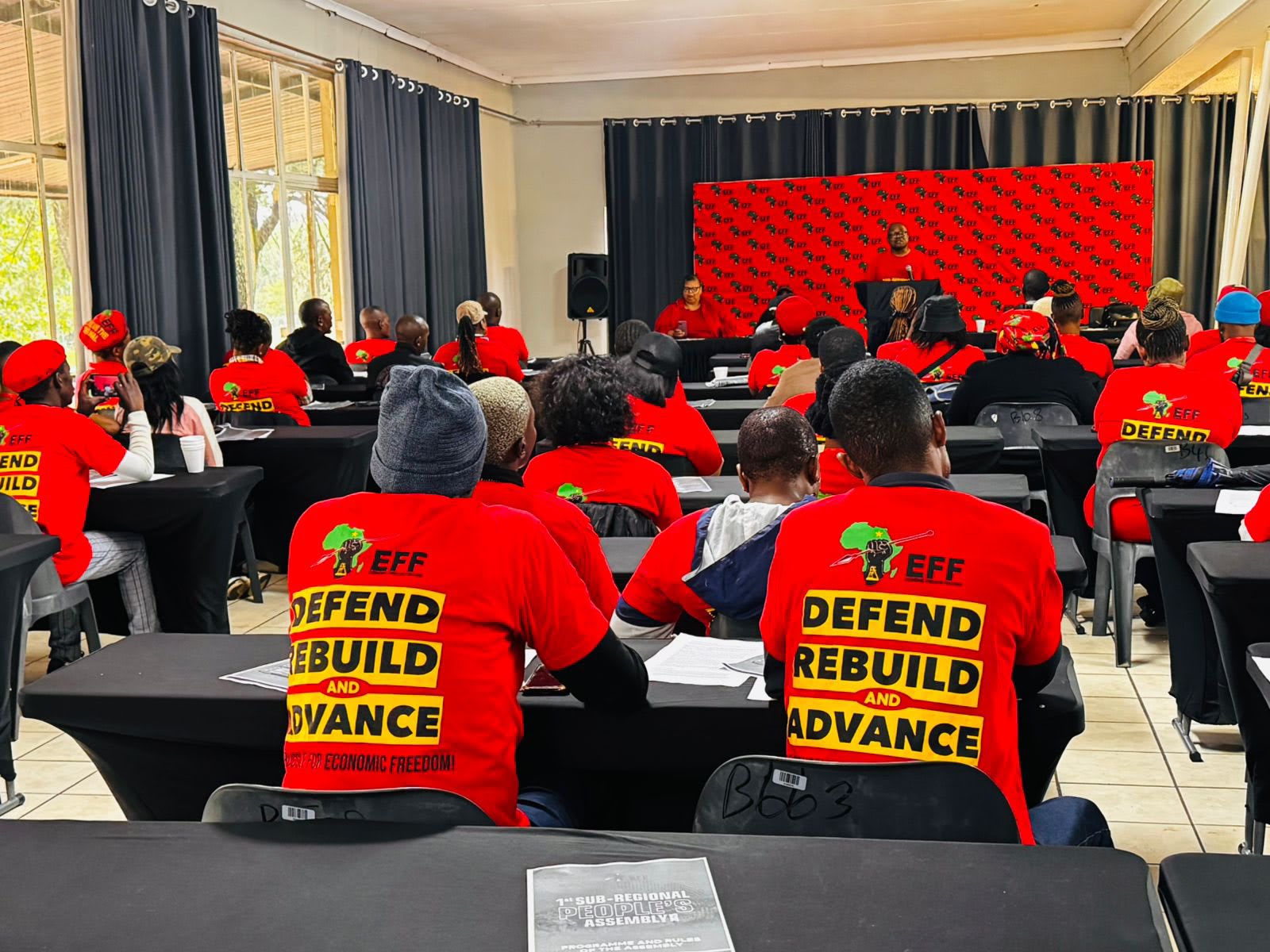Eskom
SALGA has warned that Eskom’s proposed Distribution Agency Agreement could become a “backdoor takeover” of municipal electricity functions, undermining local government authority. The association urged Eskom and national departments to find cooperative solutions that strengthen municipalities and protect financial stability.
The South African Local Government Association (SALGA) has raised alarm over Eskom’s proposed Distribution Agency Agreement (DAA), warning that the plan could amount to a “backdoor takeover” of municipal electricity distribution functions — a move it says threatens the autonomy and constitutional mandate of local government.
While SALGA acknowledged the need to stabilise electricity supply and address municipalities’ mounting financial pressures, the organisation cautioned that Eskom’s proposal, in its current form, undermines the authority of municipalities and the spirit of cooperative governance enshrined in the Constitution.
“Electricity reticulation is explicitly assigned to municipalities in Schedules 4B and 5B of the Constitution of the Republic of South Africa,” SALGA said in a statement on Thursday. “Any deviation from this responsibility must comply with the Municipal Systems Act, including community consultation, council resolutions, feasibility assessments, and alignment with Integrated Development Plans (IDPs).”
Bypassing these statutory processes, the association warned, would erode municipal accountability and compromise local democracy.
SALGA said the implications of the DAA reach far beyond governance structures, arguing that communities could lose their right to hold local leaders accountable for service delivery if Eskom assumes direct control of electricity distribution.
“Municipalities risk being stripped of their core developmental function, weakening financial sustainability,” the statement read. “Local economies also risk instability if municipalities cannot plan and leverage electricity distribution as part of integrated development.”
The association stressed that while the electricity crisis requires urgent intervention, solutions must empower, not disempower, local government.
“Support to municipalities must not come through unilateral impositions,” SALGA said, calling on Eskom and national departments to engage transparently with local authorities, SALGA, and affected communities.
The organisation urged all stakeholders to align any interventions with constitutional and legislative frameworks, avoid actions that “erode the role of local government,” and instead focus on capacity building, financial restructuring, and sustainable debt management.
SALGA President Cllr Bheke Stofile emphasised that the debate over municipal debt must be handled with fairness and transparency.
“The R416 billion owed to municipalities by households, businesses, state-owned enterprises, and government departments is often overlooked, while the R210 billion owed by municipalities to Eskom and water boards is amplified at every turn,” Stofile said, citing data from National Treasury’s March 2025 report.
“This imbalance distorts public perception and undermines trust. Both sides of the ledger matter,” he added.
Stofile argued that South Africa’s energy and financial challenges can only be resolved through empowerment and cooperation, not through the erosion of local authority.
“If municipalities are to deliver services sustainably, every sector must honour its obligations,” he said. “Empowerment, not takeover, is the only viable path to restoring financial stability and protecting the dignity of our communities. Rescue tools must not become backdoor takeovers. Strengthening municipalities is the only path to reliable electricity and restored public trust.”
Since its establishment, SALGA’s core mandate has been to represent, promote, and protect the interests of local government. The association reaffirmed that this commitment remains unchanged, vowing to continue supporting municipalities in fulfilling their developmental role while ensuring that their voice is heard in all intergovernmental decision-making platforms.
“Municipalities are not obstacles to progress — they are the foundation of democratic governance.
“We remain committed to constructive engagement that strengthens local institutions while safeguarding the constitutional principles that underpin service delivery,” SALGA said



















